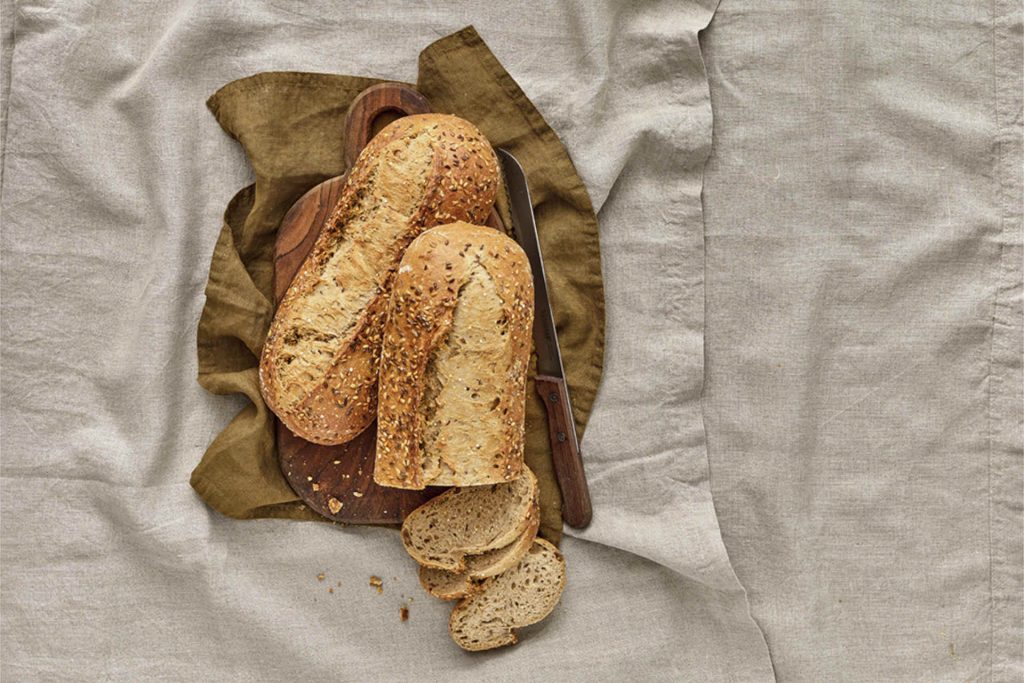
In 2025, bread is no longer a supporting actor – but a stage, a message and an experience. In Austria and Germany, the bakery trade is experiencing a renaissance between tradition, technology and new worlds of enjoyment. From ancient grains to smart baking: anyone who wants to set standards in the hotel and catering industry should be aware of these trends – and take advantage of them.
Austria:
Germany:
Whether it's ancient grains, sourdough or smart-controlled ovens - bread culture is experiencing a renaissance in German-speaking countries. Those who use it in a targeted way can emphasize their culinary identity and create real differentiation.

There is a tension between digital progress and emotional hospitality that is redefining the restaurant industry. AI, automation, and data-based processes are changing not only workflows, but also attitudes, communication, and expectations. What was once considered a gimmick is now becoming a strategic necessity. And perhaps the most important question of our time: How can humans remain relevant in a world that is becoming increasingly digital?
Pizza is one of those dishes that everyone has an opinion about. Almost everyone thinks they understand it—and yet a surprising number of people fail at this culinary “common property”. In Vienna and beyond, Neapolitan pizzerias are now springing up everywhere, some excellent, others whose interest in good pizza comes to an abrupt end. As we all know, quantity does not equal quality. Or, to quote Martin Albrich from the First Vienna Pizza Association: Pizza is bread. And bread forgives nothing.


In 2025, bread is no longer a supporting actor – but a stage, a message and an experience. In Austria and Germany, the bakery trade is experiencing a renaissance between tradition, technology and new worlds of enjoyment. From ancient grains to smart baking: anyone who wants to set standards in the hotel and catering industry should be aware of these trends – and take advantage of them.